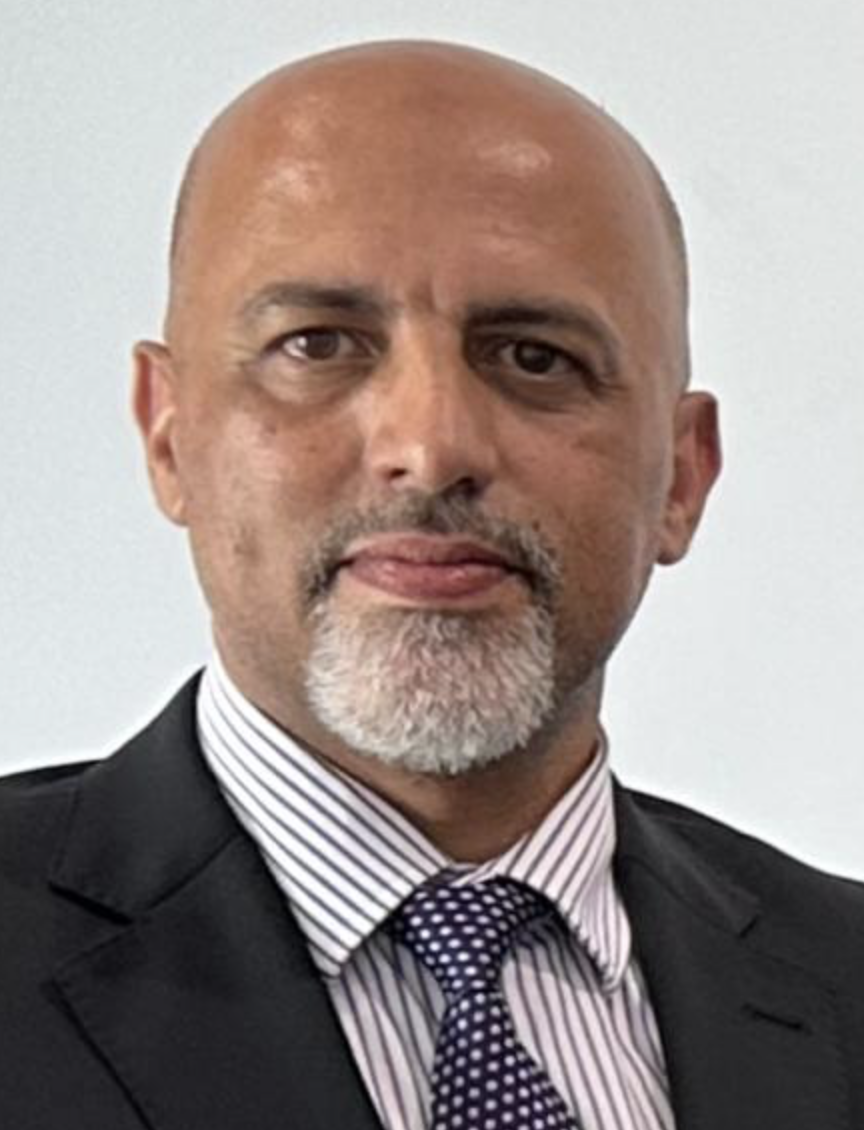APSACO 2021 - PANEL 1: BOLSTERING WOMEN ROLE IN CONFLICTS’ PREVENTION AND RESOLUTION
This panel will examine the role and place of women in conflicts’ prevention and resolution while shedding the light on areas that should be enhanced: • Women participation in mediation and national reconciliation. • Women leadership and decision-making processes. • Raising awareness of gender equality in proposals for reforms of the African security sector. • Women contribution to the culture of peace. • Women in sustainable peace: institutional constructions, consolidation and development. • Best practices to tackle violence against women. • Women in the National Security Systems (NSS) in Africa. ----------- Chair: Badreddine El Harti, Principal Rule of Law and Security Sector Reform Adviser, UN Special Adviser to the President of Burkina Faso, United Nations Speakers: - Mamphela Ramphele, Co-President of the Club of Rome and Co-Founder ReimagineSA - Erika Monticone, Engagement Advisor, NSD-S Hub for South - Federico Borello, Executive Director, Center for Civilians in Conflict - Christina Foerch, Co-founder, Fighter for Peace







